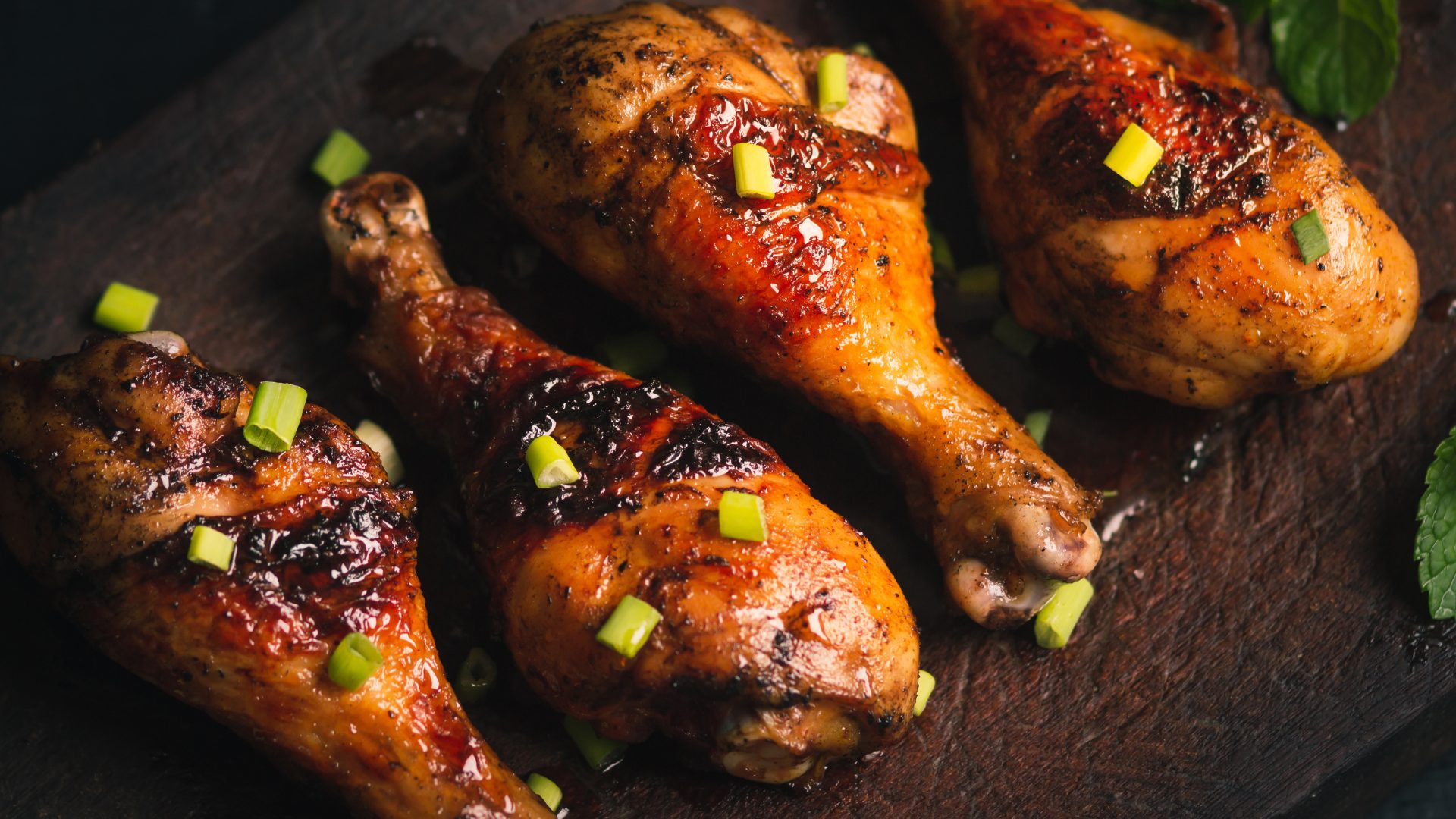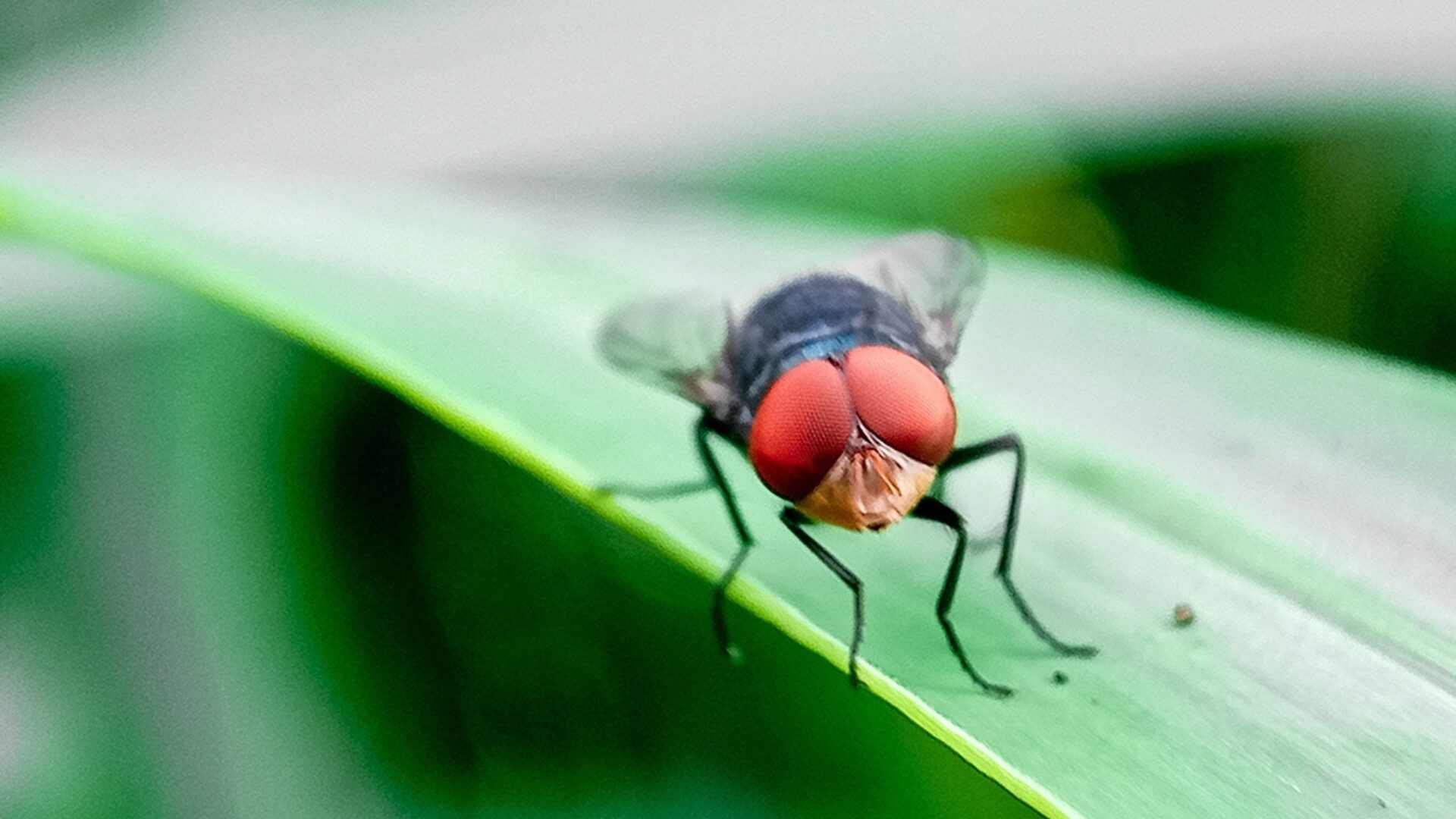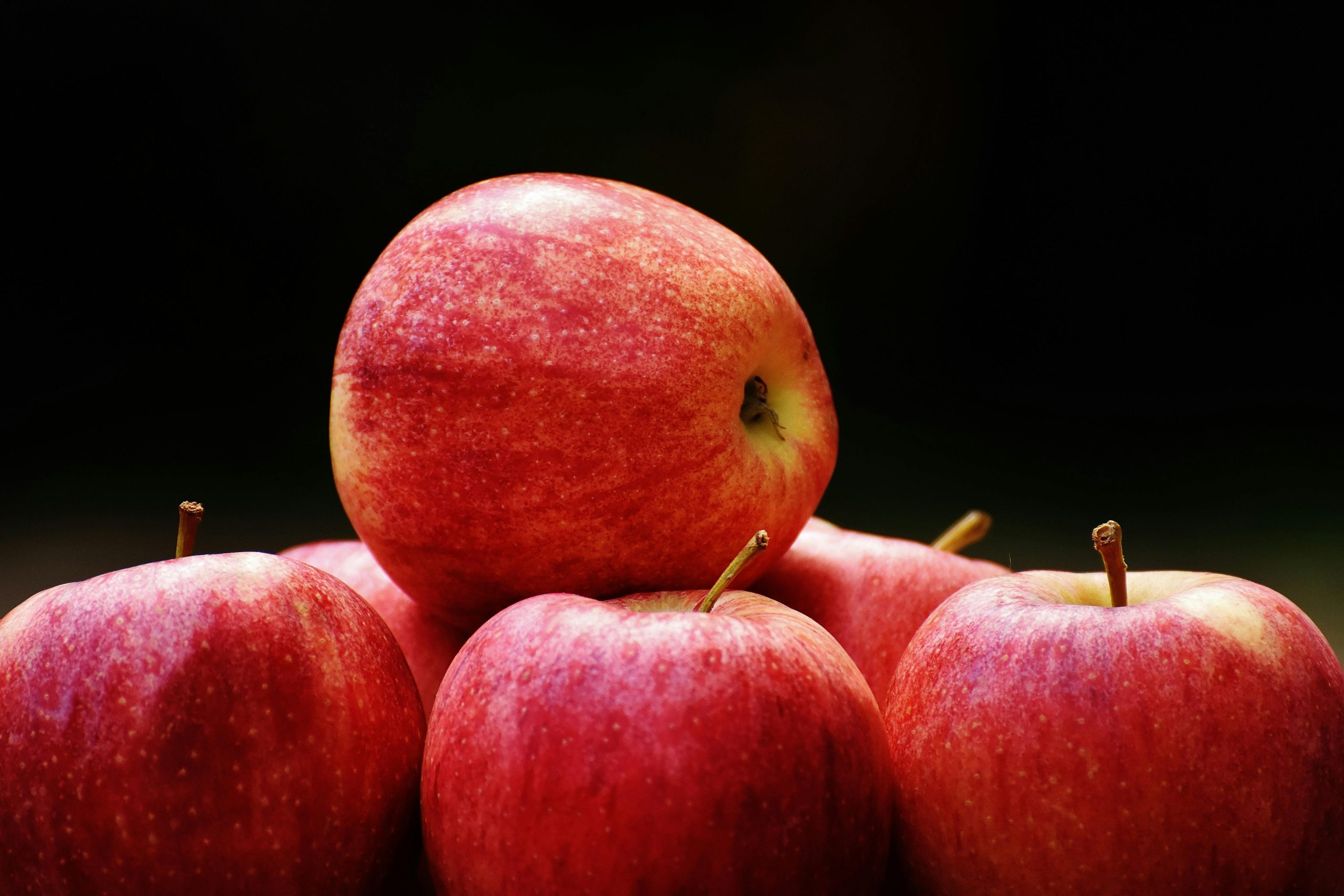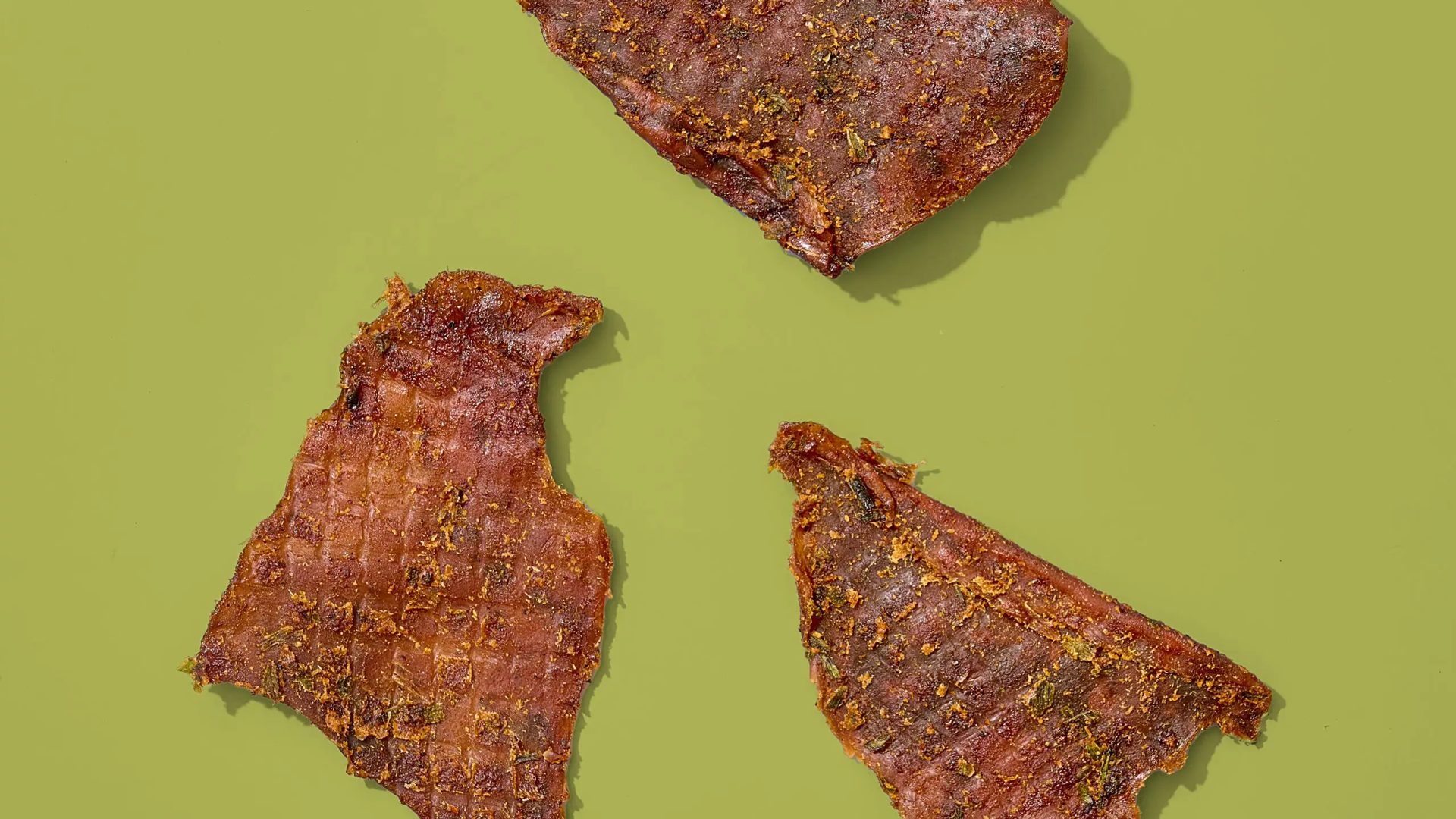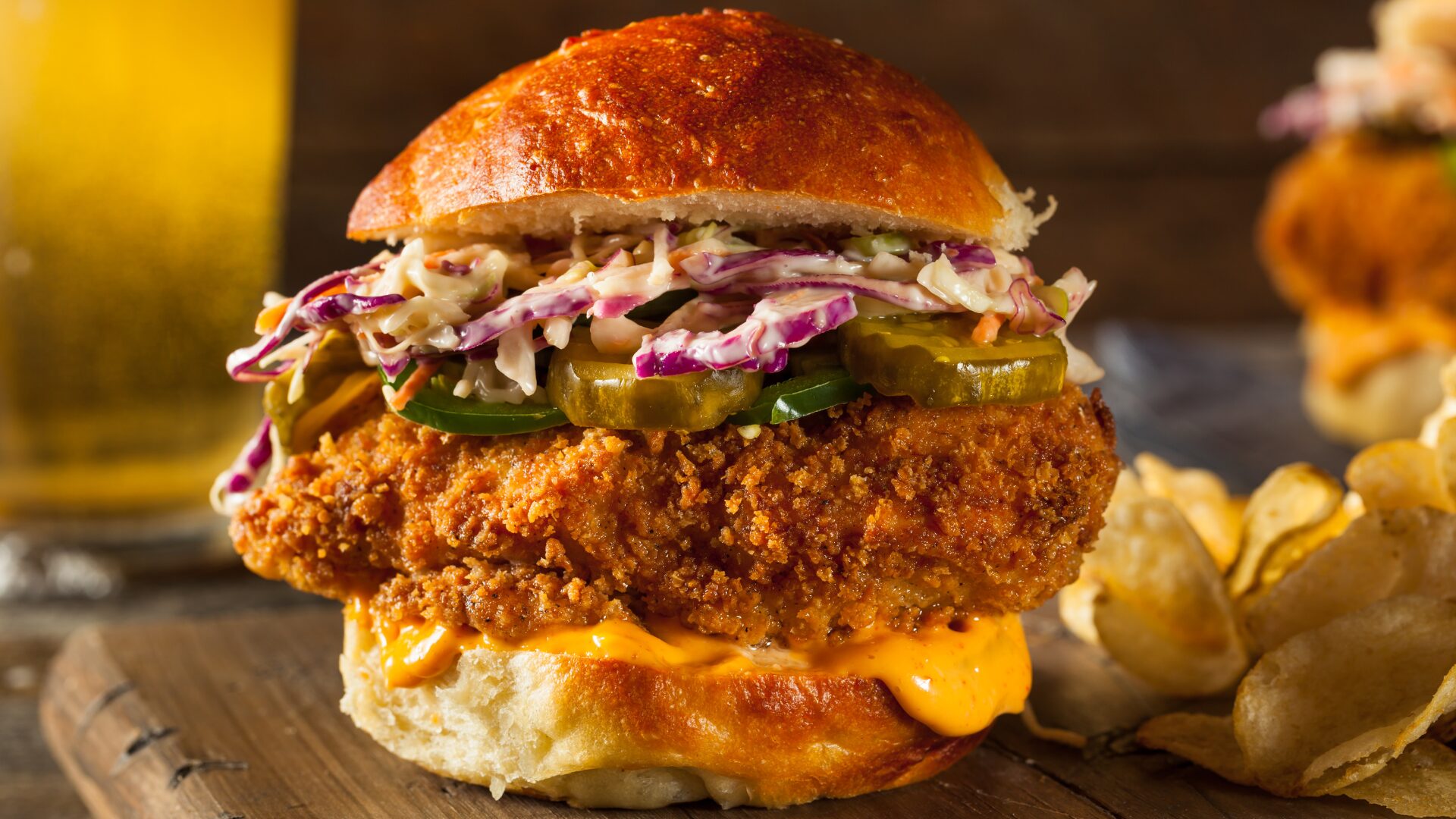The Global Animal Partnership plans to toughen standards, effectively lowering the number of chicken breeds that meet its animal welfare guidelines, Bloomberg recently reported.
The partnership, which has a five-step process for certifying animal welfare, is promoted by Amazon and other major food companies. Bloomberg, quoting people familiar with the certification process, said it will be nearly impossible for the 90% of breeds that currently make up U.S. production to comply.
A study by the partnership found the most common breeds had poor outcomes, suffering foot injuries, bodies that grow faster than their organs resulting in small lungs, and other problems like tough, woody muscle texture. Partnership executive director Anne Malleau told Bloomberg the industry drive to increase muscle mass has created the problems.
The new standards likely will be released in coming weeks.
In other agriculture news:
Corn production: U.S. farmers, encouraged by high commodity prices, are planning to plant more corn acres in 2022, University of Illinois economist Scott Irwin said. Irwin said acreage likely will increase by 3% next year despite rising fertilizer prices, Successful Farming reported (Nov. 30).
Irwin said the corn crop is projected to cover 96 million acres, up 2.7 million acres, based on grower response to historic commodity price fluctuations. He projected a corn yield of 15.9 billion bushels. The 2021 crop averaged a nine-year high $5.45 a bushel.
Carbon neutral initiatives: Kroger announced (Dec. 1) a partnership with Dutch egg-producer Kipster Farms to produce the first carbon-neutral, cage-free eggs for supermarket shelves. Construction is underway at MPS Egg Farms on the first production facility. Kroger, the biggest U.S. grocer, said the system provides the highest standards of animal welfare, uses feed made from surplus food, minimizes fine particle emissions and is powered by solar energy.
In Britain, meanwhile, the fourth largest supermarket chain, Wm Morrison, announced it would go carbon neutral, ditching soy chicken feed in favor of an insect-based feed produced by Better Origin for its free-range birds, The Financial Times reported (Nov. 30).
Indigenous foods: The USDA Office of Tribal Relations plans to partner with several Native American groups to raise awareness of Indigenous attitudes toward food and its production, Minnesota Public Radio reported. The Native American Food Sovereignty Alliance plans to set up two regional seed processing centers with funding from the USDA. One center is to be constructed in Minnesota, the other in the Southwest.
Avian flu: H5 avian flu turned up in a Minnesota turkey flock through routine testing, the Minnesota Board of Animal Health said in a statement (Nov. 23). The farm involved is about 90 miles west of Minneapolis. The virus does not pose a health risk to humans.
Potato wart: The Canadian Food Inspection Agency suspended export of seed potatoes from Prince Edward Island to the U.S. on Nov. 21 to prevent the spread of potato wart. The blight was first detected Oct. 1 and has been identified at two farms in the Canadian province.






